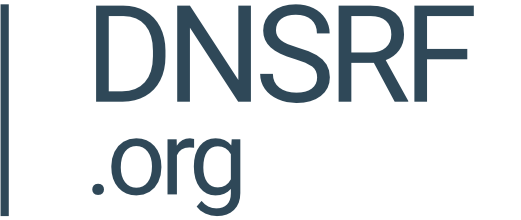Evidence-based research for better policy

By Carolina Caeiro
The DNS is an essential, critical technology for the Internet to function. Growing concerns about ways to protect privacy online, the need to better contain harmful and illegal content on the Internet, and the increased emphasis on strategies to improve network resilience and security in the face of growing conflict and persistent malicious activity have generated renewed attention on the Internet as a whole, including the DNS itself.
From the DNS4EU proposal which seeks to create an EU-based recursive DNS service, to local and regional conversations about the potential impacts of DNS encryption, domain names infrastructure and governance have become the target of numerous policy initiatives.
Renewed importance of evidence-based decision-making on the DNS
As stakeholders in the DNS industry begin to face new forms of scrutiny and fall within the remit of emerging regulation, evidence-based decision-making is becoming ever more crucial for the sector. Within this evolving landscape, a better understanding of DNS will help guide operational decisions within the industry and inform ongoing debates on policies and regulation affecting the DNS.
The most pressing challenges affecting the DNS industry include how to handle and prevent DNS abuse; how to step up efforts to make the DNS system more secure and robust; and how to hone existing policies and services to increase overall trust on the DNS.
Increased access to data and research on these areas can drive systematic improvements in the DNS sector. For example, EURid – the registry manager of the .eu– has recently launched the Abuse Prevention and Early Warning System (APEWS). The system is tasked with protecting the .eu space from malicious domain registrations, and will enable the organisation to generate analysis and statistics on the impact of DNS abuse in the European region. These types of measures contribute to understanding and mitigating DNS abuse, through evidence-based analysis and decision-making.
Expanding research is of particular relevance for DNS communities in the Global South. For instance, LACTLD –the association of ccTLDs for Latin America and the Caribbean– is currently collecting data and producing comparative research on ccTLD registration and dispute resolution policies. This analysis increases the understanding of the DNS policies and the identification of areas for improvement across this specific regional market, while simultaneously promoting a culture of evidence-based decision-making across the DNS industry worldwide.
Improved access to data and research through the DNS Research Federation
The creation of the DNS Research Federation has been driven precisely by the need to expand the knowledge of the domain name and unique identifier systems. The organisation sets out to accomplish this goal facilitating data access and analysis among academic researchers, industry leaders and policy-makers. The ability to expand research and monitoring capabilities in the sector is expected to shed greater light on the connections between traditional internet governance and contemporary policy challenges.
The federation offers access to relevant databases, from openly available datasets on the DNS –including live feeds– to data from commercial providers on subjects such as malware or phishing. Through the DNSRF’s data analytics platform, DAP.LIVE, the federation seeks not only to facilitate access to information, but also to enable evidence-based decision making by offering state-of-the-art tools for data analysis and processing. The DAP.LIVE system will help DNSRF partners freely explore what the data tells about ongoing trends in the DNS industry and how to tackle some of the most pressing policy challenges.
By driving the expansion of DNS research and data access, the DNSRF expects to improve the understanding of the role of the DNS on key policy questions such as privacy, security and content governance, and facilitate the design of effective policy solutions rooted in evidence.


